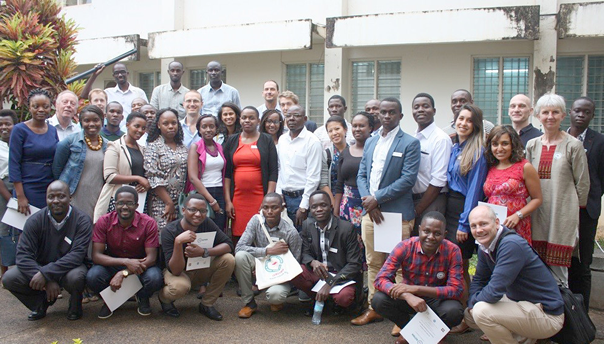Message from the director

Dear Reader, In this issue of THRiVE News, there are reports that illustrate how THRiVE work has greatly benefited from partnerships between academic institutions of both types namely; universities and research institutes. This issue gives us opportunity to reflect on how to make partnerships succeed. Partnerships allow diverse knowledge and partners to be brought together to learn from each other. In general, partnerships have potential benefits and can be transformative to institutions through mutual learning- from both successes and failures. Important lessons can be drawn from acknowledging failures and having candid discussions of failed partnerships and why institutions have not engaged fully in consortium activities.
Satisfactory functioning of partnerships requires effective communications across the entire partnership, availability of resources and guidelines for effective and/or equitable collaborations. Evaluation provides insights on the whole grant cycle to determine what is going well and not so well. The evaluation should focus on many different components including governance of partnerships, how partners are selected and managed, agenda-setting and the quality and depth of engagement by partners themselves.
Good communication that benefits partners is central to the success of premierships and the interpersonal relations in the consortium. Several reviews reveal that the quality of communication may lead to a range of positive and negative experiences including feelings of empowerment, friendship, sense of belonging, excitement, alienation, anxiety, jealousy,
guilt and exploitation. Good communication should also pay attention to the context or ecosystem within which the partnership exists in time and space; social relations, material environments and many more. A partnership need not be continued if it is not serving its intended purpose. It is always good to ask why a partnership exists and have a common goal to which the partners work towards. Periodic partnership review meetings are therefore important to examine relevance and direction of the partnership.
